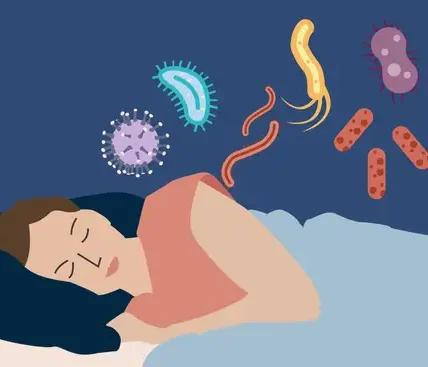Longevity has fascinated scientists and health enthusiasts for centuries. While genetics play a role, lifestyle choices significantly impact how long we live. Research suggests that by adopting healthy habits, we can increase our lifespan and improve our quality of life. Here are some key factors that contribute to longevity.
1. Nutrition: Eating for Longevity
A balanced diet rich in whole foods can add years to your life. The Mediterranean diet, which includes fruits, vegetables, whole grains, nuts, and healthy fats like olive oil, has been linked to increased lifespan. Reducing processed foods, excess sugar, and unhealthy fats can lower the risk of chronic diseases like diabetes and heart disease.
2. Regular Physical Activity
Exercise is one of the best ways to promote longevity. Studies show that at least 150 minutes of moderate-intensity weekly exercise, such as walking, swimming, or cycling, reduces the risk of premature death. Strength training also helps maintain muscle mass and bone health as we age.
3. Mental and Emotional Well-Being
Chronic stress and negative emotions can shorten lifespan. Practices like mindfulness, meditation, and social activities help improve mental health. Having a strong support system and maintaining positive relationships also contribute to a longer, healthier life.
4. Quality Sleep
Adequate sleep is crucial for longevity. Poor sleep is linked to obesity, heart disease, and a weakened immune system. Aim for 7-9 hours of quality sleep each night to allow your body to repair and regenerate.
5. Avoiding Harmful Habits
Smoking and excessive alcohol consumption can significantly reduce lifespan. Quitting smoking and limiting alcohol intake can lower the risk of life-threatening diseases such as cancer and liver disease.
6. Regular Health Check-Ups
Preventive healthcare is key to longevity. Regular check-ups help detect diseases early, increasing the chances of successful treatment. Vaccinations, cancer screenings, and monitoring cholesterol and blood pressure levels are vital for maintaining long-term health.
7. Maintaining a Sense of Purpose
Having a sense of purpose and engaging in meaningful activities contribute to a longer life. Many long-lived individuals participate in hobbies, volunteer work, or careers that keep them engaged and motivated.
Conclusion
The science of longevity shows that small, consistent changes in lifestyle can significantly impact our lifespan. By adopting healthy habits, staying active, managing stress, and nurturing relationships, we can add years to our lives and enjoy better overall health.






